Gifted Children – Characteristics and Challenges
Parents look at their children in great admiration and are proud of their progress in life. In the early stages of life, there might be instances where your child seems a lot more talented or sharp than the kids of his age or seems to grasp things very quickly and discover things you wouldn’t have even thought of quite easily. However, the journey of nurturing gifted children is not without its challenges. Alongside their extraordinary potential, gifted kids may face social, emotional, and academic hurdles that require specialised attention and support. Recognising the right signs and understanding if your child is gifted is key to ensuring they are raised and developed correctly.
What Is a Gifted Child?
Before identifying gifted children, it’s crucial to understand the criteria. A gifted child is one who demonstrates a high level of mental ability or excels in a specific area of knowledge. In most countries, a child is considered gifted if their IQ score is 130 or above. This understanding empowers parents and educators to recognise and nurture the potential of these children, who may excel in various areas, such as verbal, mathematical, visual, art, musical, or even interpersonal communication.
Common Characteristics of Gifted Kids
Certain common signs of a gifted child can easily help you determine if your child is one.
1. Learns Rapidly and Has Strong Reasoning Capabilities
Your child can learn new things faster than others and reason each aspect of learning clearly and concisely.
2. Talks Confidently Early in Life With a Good Vocabulary
Your child has comparatively less fear of public speaking or making his opinion heard and is able to spell out his thoughts using the right words and sentence structure.
3. An Avid Reader and Asks a Lot of Pertinent Questions
Your child likes reading a lot and does not hesitate to ask questions.
4. Extremely Curious and a Very Strong Memory
Your child is generally curious about many things and seems to recall many things instantly from memory.
5. High Levels of Concentration for Extended Periods
Sitting for long periods and concentrating on a single problem or a book is not difficult for your child.
6. Pursues Anything That Interests Them Right to the End
Once something catches his attention, your child will pursue it until it is completed.
7. Enjoy Solving Problems and Find Unique Solutions in Strange Ways
Brain teasers and puzzles light up your child’s eyes, and he ends up solving them in ways that are quite unusual.
8. A Vivid and Unusual Imagination
Your child tells stories and talks about fantastical worlds or inventions with a lot of detail.
9. Has Strong Opinions and Believes Strongly in Justice
Being fair and just with everyone is how your child usually is, and he doesn’t feel afraid to take a stand.
10. Prefers Spending Time With Adults Than Children of Their Age
Your child is more comfortable conversing with adults than playing around with kids his age.
Gifted Children Problems/Challenges
As special as they might be, there are gifted child behaviour problems that parents must be aware of and handle with care.
1. Burnout and Exhaustion
Gifted children are usually high on energy and pursue their interests by giving it their all. This causes them to get exhausted soon and deplete their energy reserves since their bodies are just catching up in growth. Moreover, taking care of the usual tasks of completing homework, keeping everything organised, and being perfect at everything can get extremely stressful for them and leave them not wanting to pursue what they want to.
2. Issues Regarding Attention and Organisation
Gifted children tend to think abstractly and have abstract thoughts and get bored of normalcy quite easily. This leads to them having issues with paying attention or keeping things organised.
3. Difficulty in Making Friends
This is one of the major problems gifted children face. On the outside, they may seem highly mature regarding social interaction, but internally, they feel lonely and sad among their peers. They may find nothing in common with their classmates or may have difficulty joining in group activities. This could primarily be because of their tendency to do things better than others, which results in them being perceived as arrogant.
4. Difficulty in Being Patient
If they encounter something they cannot quickly understand or might not be good at a particular activity at the beginning, they get angry at themselves or may abandon the activity altogether. When it comes to other children, they get frustrated because their classmates take longer to understand simple concepts they have grasped already.
5. Unrealistic Expectations
Gifted children expect highly of themselves. If they have been getting consistently good grades, a single low grade can destroy them from within and shock their parents, too. They tend to set extremely high expectations for themselves and are immediately distraught when they fail to meet them.
6. Issues Regarding Control
Most gifted children like to run things their way. You may have noticed that kids insist on doing things themselves and hate it when parents interfere. Over time, this nature of doing things in a particular way might make others interpret it as arrogance or being bossy, which also might make them fearful of taking risks.
7. Being a Perfectionist
It always has to be perfect for gifted children. This makes them high-achievers throughout life. They might procrastinate or spend absurd amounts of time getting things down to the finest detail. On seeing an average performance in other aspects of life, gifted children may add even more effort in those areas without realising that it consumes a lot of time, leaves them tired, and affects their health.
8. Feeling Guilty
Yes, gifted children feel guilty about being gifted. They recognise their talents and may yearn to give them back or share them with others. This might manifest in good social behaviour, where they help others and contribute to causes, but when powered by guilt, they might go the extra mile and be taken advantage of.
9. Issues Regarding Self-Esteem
This gift can sometimes become a curse for children, making them feel isolated and different from their friends and classmates. Gifted children end up being bullied at times or even have to combat depression. Many studies have shown that gifted children struggle a lot with social difficulties and feelings of sadness. They tend to talk themselves down and be negative towards their behaviour, leading to mood swings and erratic habits.
How Can Parents and Teachers Help Gifted Children?
Parenting a gifted child is no less than a challenge. Not only does it come with the usual difficulties of a child, but it also has the extra responsibility of protecting and caring for the gift that comes with it. These activities for gifted children can help them reach their full potential while addressing their social and emotional well-being.
- Allow them the space to do their things in situations without specific outcomes.
- Give them opportunities to take risks and let them fail in non-threatening ways.
- Find other gifted children and try to make them a part of the community
- Request your child’s teacher to spend time with your child to cater to his needs.
- Give them activities that teach them the necessity to balance urgent work and one requiring deep thought.
- Introduce them to a structured questioning process to bring their higher-order thinking into action.
- Let them take the initiative and solve problems while giving them minimal instructions.
- Provide them with opportunities that help them develop their skills in their chosen direction.
- Encourage them to use alternative techniques that stray away from the norm.
- Provide them with work that challenges their creativity and imagination.
- Give them projects that have clear instructions as well as ones that don’t have any.
- Have an internal understanding that social maturity isn’t connected to intellectual prowess.
- Make them experience a variety of teaching and learning techniques.
- Try to reduce repetitive work and replace it with acts that help enrich what they know.
- Allow them to understand the differentiation amongst various activities and strategies.
- Give them time and opportunity to figure out things for themselves.
- Support them in times of need and give them the emotional guidance that kids generally require.
Difference Between a Bright Child and a Gifted Child
People usually refer to extremely bright children as god-gifted children. But there are some differences between bright and gifted children, which are described below.
- One knows the answer, while the other asks more questions.
- One is interested, while the other is very curious.
- One pays attention while the other gets fully involved.
- One has good ideas, while the other has unusual ones.
- One works hard, while the other scores better with minimal work.
- One answers the questions while the other further asks questions to the answer.
- One tops the class, while the other is in a separate class.
- One listens attentively while the other portrays strong opinions.
- One learns easily while the other is already aware of it.
- One master it in 6-8 repetitions, while the other gets it in a couple of those.
- One understands ideas well, while the other creates abstract theories.
- One enjoys with friends while the other seeks out adults and older children.
- One understands the meaning, while the other creates a theory.
- One completes assignments while the other starts new projects.
- One is good at copying, while the other is good at creating.
- One absorbs information while the other applies knowledge.
- One is a technician, while the other is an inventor.
- One enjoys clarity, while the other enjoys complexity.
- One memorises well, while the other guesses.
- One is pleased with his performance, while the other still wants to keep doing better.
Rewards of Raising a Gifted Child
Raising a gifted child comes with numerous rewards that extend beyond their exceptional intellectual capabilities. Parents and educators often experience the joy of witnessing rapid and profound growth in their children’s knowledge, creativity, and problem-solving skills. Additionally, the journey of nurturing a gifted child fosters a deep sense of pride and fulfilment as they achieve remarkable milestones and make meaningful contributions to their communities and the world.
FAQs
1. How can the social and emotional needs of gifted children be addressed?
To address gifted children’s social and emotional needs, it’s important to provide opportunities for them to connect with like-minded peers through gifted programs, clubs, or online communities. Counselling and guidance can help them manage stress and develop social skills while ensuring a balanced lifestyle with time for relaxation and play.
2. What are the common myths about gifted children?
Common myths about gifted kids include the belief that they are gifted in all areas, that they don’t need help or special programs, and that they will succeed without support. These misconceptions can lead to unmet needs and a lack of appropriate educational challenges.
3. How can gifted children be prepared for future challenges?
Preparing gifted children for future challenges involves teaching them resilience, time management, and coping strategies. Encouraging a growth mindset, where they learn to embrace challenges and view failures as learning opportunities, is also essential for long-term success and well-being.
Gifted infants are rare, and having one is bound to make your life a roller coaster ride. Give them the time and support they need and allow them to blossom independently. A star needs to shine by itself, and it will.
Also Read:
Indigo Children & Their Characteristics
Riddles for Kids to Boost Their Thinking Skills
Asynchronous Development in Gifted Children
How You Can Choose a School for Your Gifted Child?
Was This Article Helpful?
Parenting is a huge responsibility, for you as a caregiver, but also for us as a parenting content platform. We understand that and take our responsibility of creating credible content seriously. FirstCry Parenting articles are written and published only after extensive research using factually sound references to deliver quality content that is accurate, validated by experts, and completely reliable. To understand how we go about creating content that is credible, read our editorial policy here.






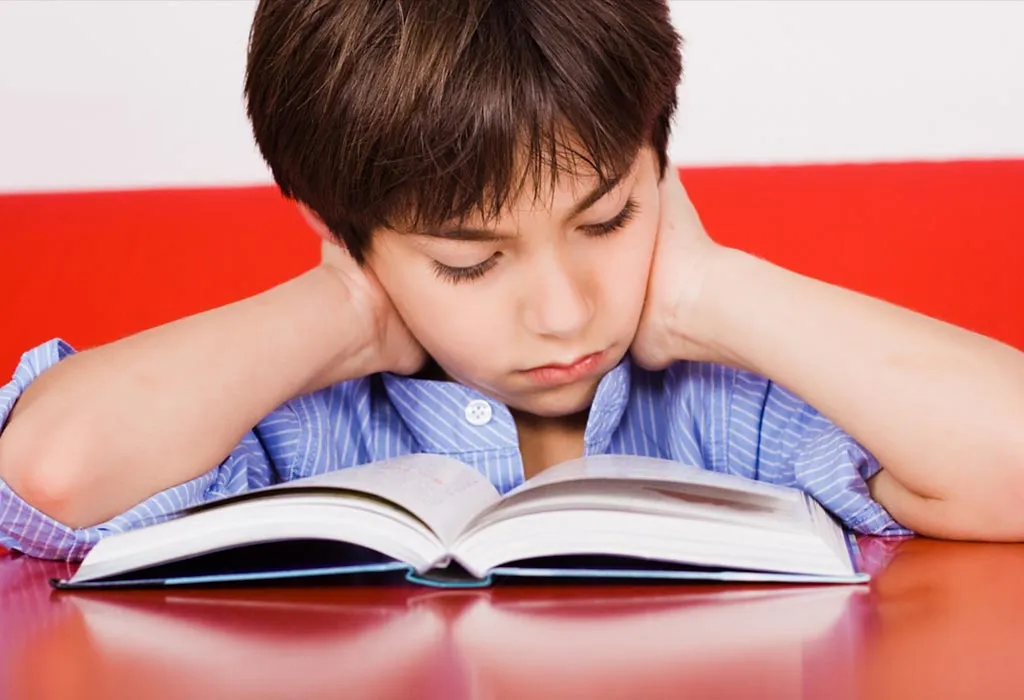
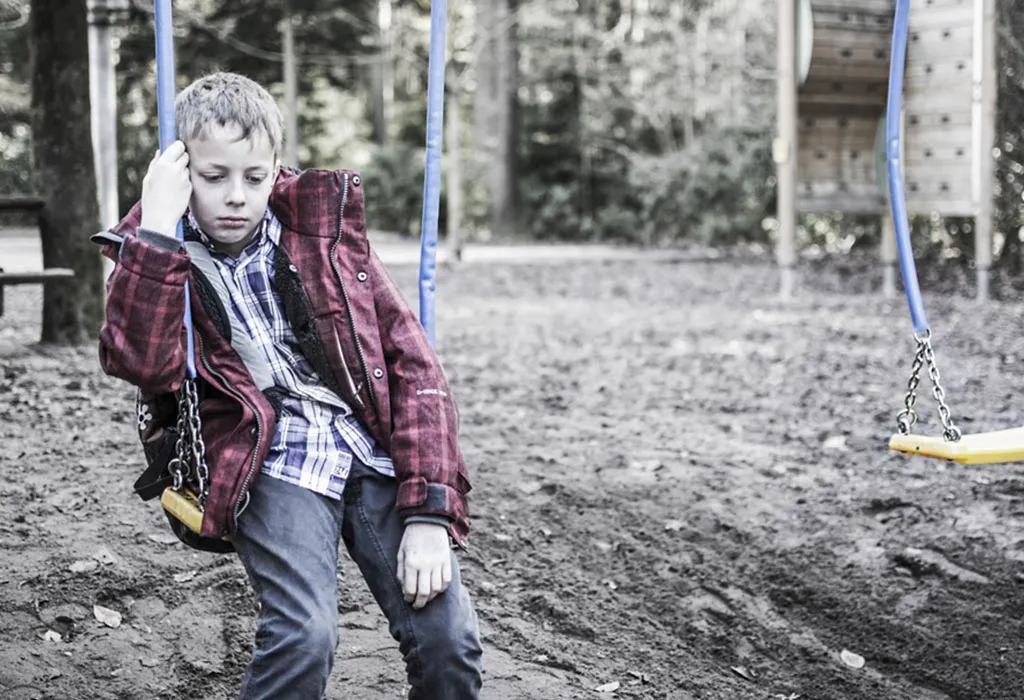


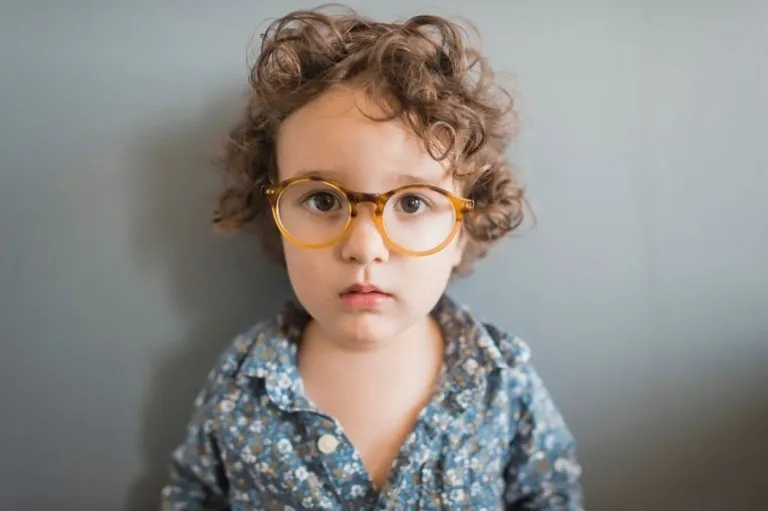


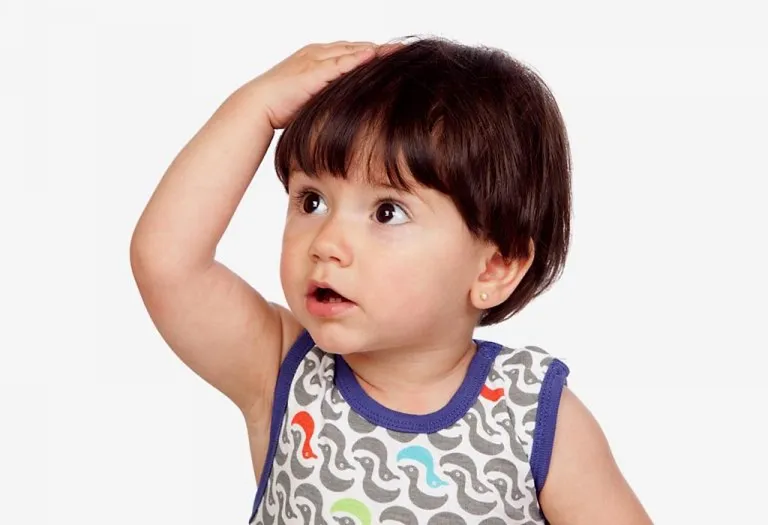
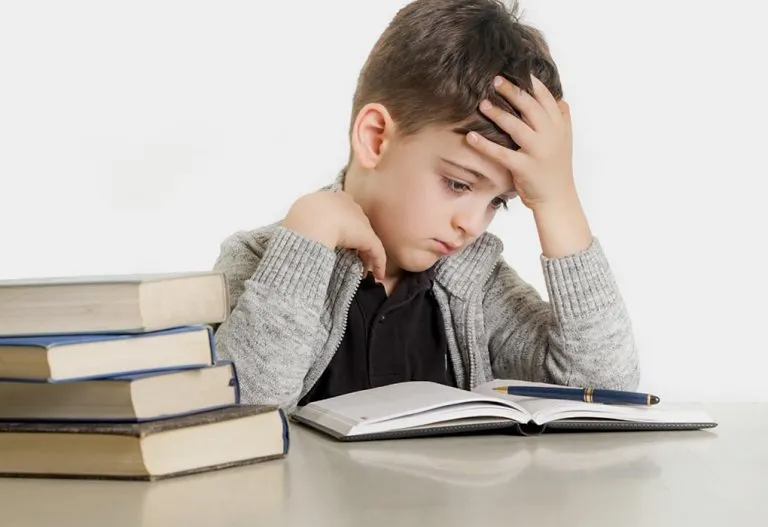

.svg)
















